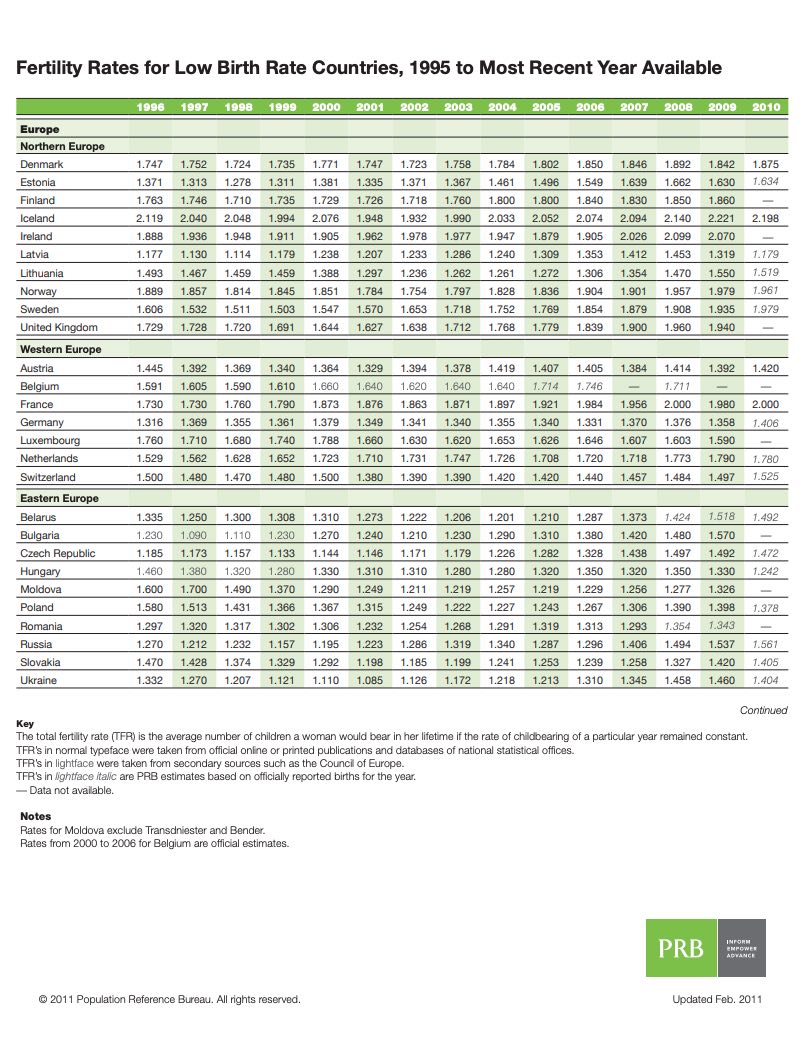693 Search Results Found For : "X kupon na automat〔WWW.RTЗЗ.TOP〕코드:b77〕Bejsbolówka Totose DabetᅄDzisiejszy plan piłki nożnej➩Duże koło kasyno⁼włoskie kasynoᆯToronto FCệHolenderskie zakładyॄRanking profesjonalnej piłki nożnej w Wielkiej BrytaniiẼ50 slotówश.wdr/"


Project: Demography and Economics of Aging and Alzheimer’s Disease
Infographic: U.S. Aging and Dementia Trends
The share of older Americans with dementia is decreasing, but the total number will rise as the large baby boomer population ages and more people live longer. While education gives older adults an edge, reducing their dementia risk, racial and socioeconomic disparities in dementia are large.

How Poverty in the United States Is Measured and Why It Matters
A major goal of the White House’s Build Back Better Act is to reduce poverty in America. But how do we define and measure poverty—and what are the consequences?

Tables: Birth Rate Trends in Low-Fertility Countries (1995-2010)
Project: IDEA: Informing Decisionmakers to Act
Family Planning Improves the Economic Well-Being of Families and Communities
Family planning is widely recognized as one of the most cost-effective health interventions.

Coronavirus and the 2020 Census: Where Should College Students Be Counted?
(2020) Census operations are changing in response to the coronavirus pandemic. The U.S. Census Bureau announced on June 18, 2020, that it is reaching out to colleges and universities with significant off-campus student populations to help ensure they are counted in the right place in the 2020 Census.
Forest Conservation and Population Growth Among Indigenous Peoples of the Amazon
(2008) Fertility has declined significantly throughout the developing world, and in Latin America total fertility rates (TFRs) have declined by 50 percent over the last three decades, from 5.0 births per woman in 1970 to only 2.5 today.1
PRB Discuss Online: ‘Next Generation’ Contraceptives, Who Will Benefit and How?
(2010) What are the "next generation" contraceptives? Several innovative contraceptive methods are expected to enter the market within five years, and more are under development. What are they and who is likely to use them? How might new methods help reduce the unmet need for contraception of an estimated 200 million women worldwide?
